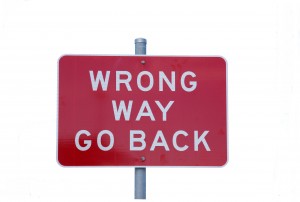Emotional abuse is what we received as a child and what we are giving to our child if what we’re feeling is anxiety, depression that we can’t get rid of or post-tramatic stress disorder. These things are varying degrees of the same thing. I remember trying to talk with someone that I thought was my friend about mine but I could see she was irritated by the conversation and regarded it as an excuse and some form of weakness on my part. (She wasn’t a ‘friend’ after all.)

Sometimes we reach out for help and we can see or feel that the person we’re talking to is not believing us or caring. Please do not allow that to stop seeking help. I buried my feelings again when I got her reaction and it took just that much longer for my recovery. I’m putting a program together that helps us all with this because according to various experts via Wikipedia:
[Emotional abuse of a child is commonly defined as a pattern of behavior by parents or caregivers that can seriously interfere with a child’s cognitive, emotional, psychological or social development. Some parents may emotionally and psychologically harm their children because of stress, poor parenting skills, social isolation, and lack of available resources or inappropriate expectations of their children. They may emotionally abuse their children because the parents or caregivers were emotionally abused during their own childhood. Straus and Field report that psychological aggression is a pervasive trait of American families: “verbal attacks on children, like physical attacks, are so prevalent as to be just about universal.” A 2008 study by English, et al. found that fathers and mothers were equally likely to be verbally aggressive towards their children.
Choi and Mayer performed a study on elder abuse (causing harm or distress to an older person), with results showing that 10.5 of the participants were victims of “emotional/psychological abuse,” which was most often perpetrated by a son or other relative of the victim. Of 1288 cases in 2002–2004, 1201 individuals, 42 couples, and 45 groups were found to have been abused. Of these, 70 percent were female. Psychological abuse (59%) and material/financial (42%) were the most frequently identified types of abuse.]
So you see. What goes around, comes around. In our own best interests, what can we do to halt emotional abuse?


Recent Comments